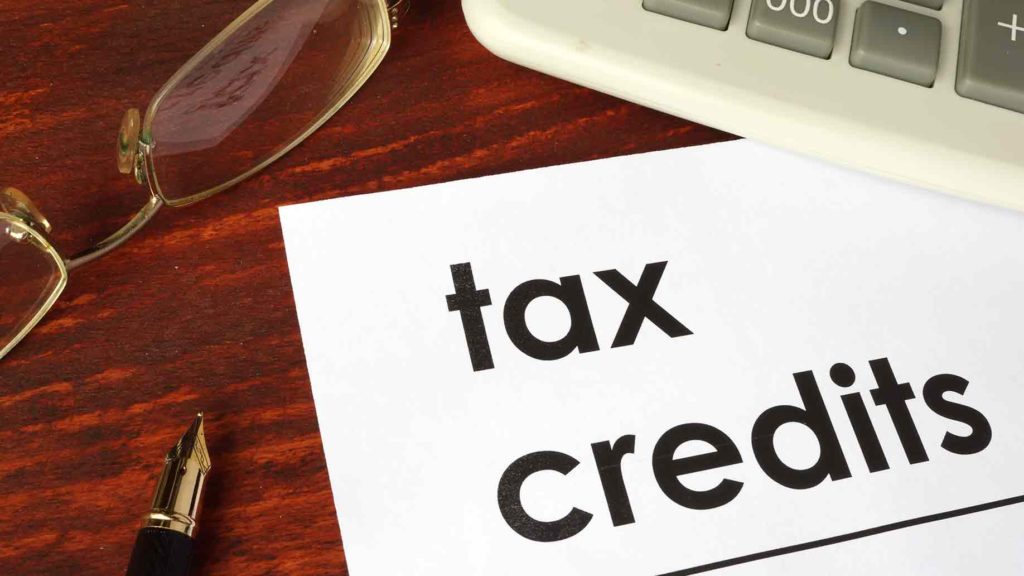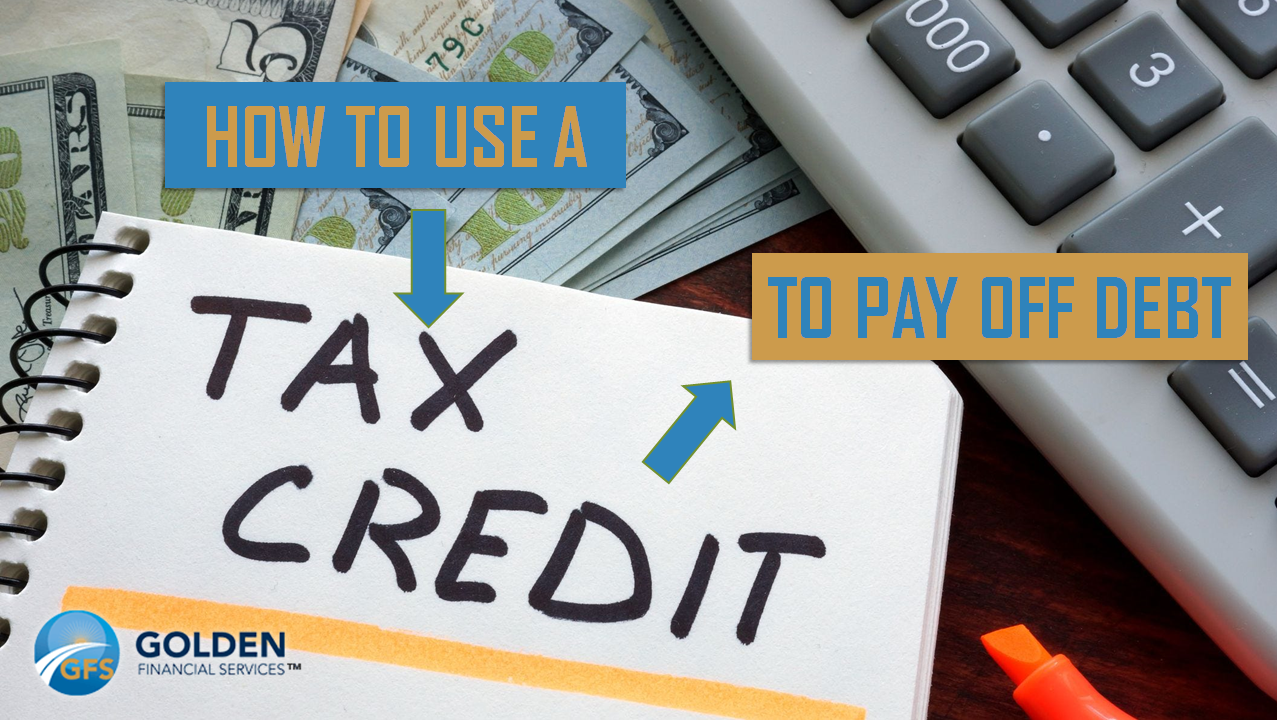The best tax filers know that tax credits can make or a break a financial year, and those that can utilize this system effectively can recover from debt accrued throughout the year in a major way. So what are tax credits, and what are the options for using them?
Below are questions we receive frequently, with our best answers based on what we found on the web in addition to our own knowledge base.
Tax credit vs tax deduction
Most are familiar with tax deductions, but not nearly as many know how to use tax credits effectively. In the simplest terms, a tax deduction reduces the total amount of income you are reporting, while a tax credit is an application for a reward from the government for things like charitable donations, environment improvement programs, and other contributions.
Think of a tax deduction like reporting your expenses so the federal government is aware that your income had to be used elsewhere, and a tax credit like asking for a break since you are productive in society and charitable with the income you already have.
eFile.com explains tax credits this way: “Tax Credits help you keep bigger slices of an apple: the more tax credits you claim, the more of your hard-earned money you get to keep or the more you reduce your taxes owed or increase your tax refund.”
Tax credits are a dollar-for-dollar reduction of the taxes you owe the federal government based on your total charitable contributions in the fiscal year.
What tax credits are available for 2019?
NerdWallet lists 20 popular tax credits available for the 2019 fiscal year (2020 filing), and many of them are considerably unused by the general public. For example, the American Opportunity Tax Credit “…lets you claim all of the first $2,000 you spent on tuition, books, equipment, and school fees — but not living expenses or transportation — plus 25% of the next $2,000, for a total of $2,500.”
Another excellent credit that many might qualify for is the Lifetime Learning Credit. This credit applies to students with tuition, room and board, and textbook expenses. This credit can be used to offset the high costs of student loans, since “…you can claim 20% of the first $10,000 you paid toward tuition and fees, for a maximum of $2,000. Like the American Opportunity Tax Credit, the Lifetime Learning Credit doesn’t count living expenses or transportation as eligible expenses. You can claim books or supplies needed for coursework.”
Child taxes, gambling debts, mortgage help, and low-income hardship credits are also detailed in the very comprehensive piece.

Does credit card debt affect your tax return?
Yes, it does, to a degree. While credit card debt doesn’t bar you from receiving your tax return, it can almost certainly affect how much of a refund you receive if you have enrolled in a debt settlement program. If you think you may owe taxes from an ongoing debt settlement case, start planning your post-tax moves today
The IRS views your debt settlement as a way to help you get back on your feet, but that doesn’t mean they won’t require you to provide your share of taxes for the year. Your income and expenses will be reviewed, and rather than providing a tax return for you, they may instead simply not charge you any taxes on top of what you have already paid.
The IRS considers forgiven or canceled debt as income and may tax you for this because money saved is essentially the same thing to them as money earned. This is done to keep things as black and white as possible to avoid having to review each case individually, which would take decades of manual labor. The best way to prepare for this is to save what you can throughout the year, and report your income accurately. Using the debt snowball payment method throughout the year is a very effective way to cut debt in preparation for tax filing and payment.
How can I reduce my taxes in 2019?
The first step in reducing your taxes is to clean up your FICO credit score. How does your credit score affect your taxes? This is subtle. Your interest rates on loans, a mortgage, credit cards, and any other type of loan or credit is determined largely by your credit score. Working on your debt with the debt snowball payment method, and reviewing your credit score frequently for errors and changes can assist with cushioning the blow of tax payment.
Next, take a look at the options we detailed above for tax credits and tax deductions. Financial hardship credits are available for those in severe debt situations, including settlement and consolidation programs.
Climbing out of debt trouble is a slow, uphill battle, but tax breaks are a major part of the trek. Understand your options before it is too late, and be prepared to file in April with a firm understanding of your current financial situation.
___________________________
If you found our blog looking for financial advice or assistance with credit card debt relief or debt consolidation, call Golden Financial Services today at (866)-376-9846 or info@goldenfs.org. You can check out the rest of our blog here, and do your research on our services here. Let’s talk soon!


